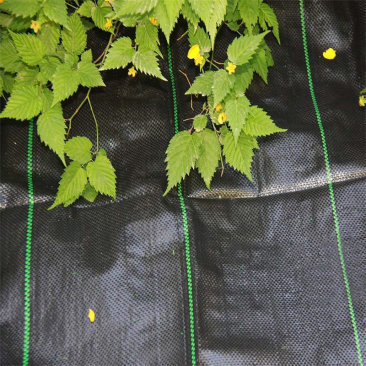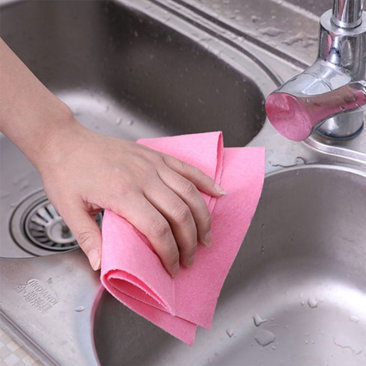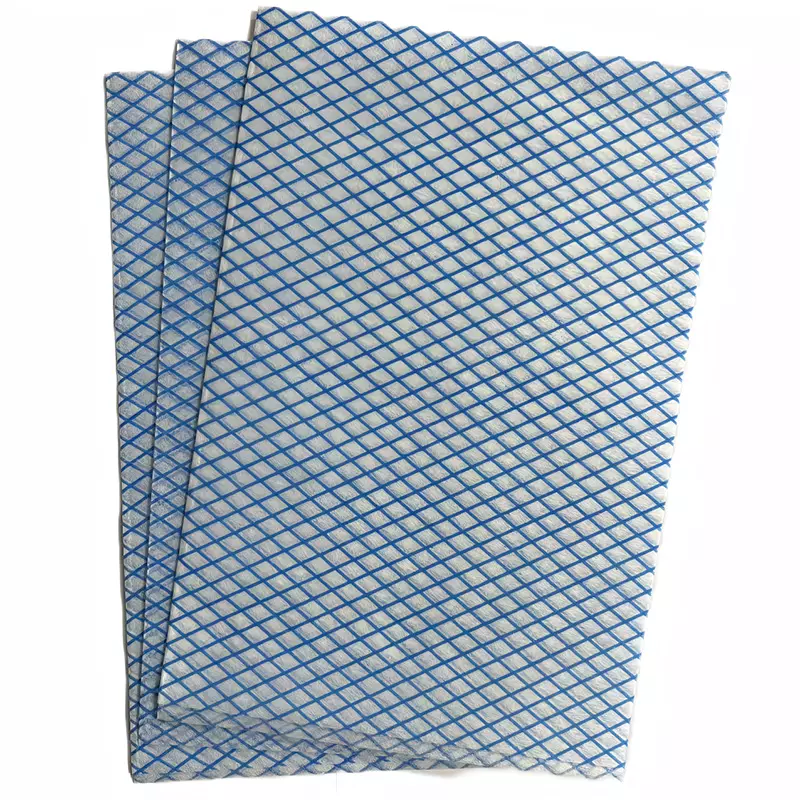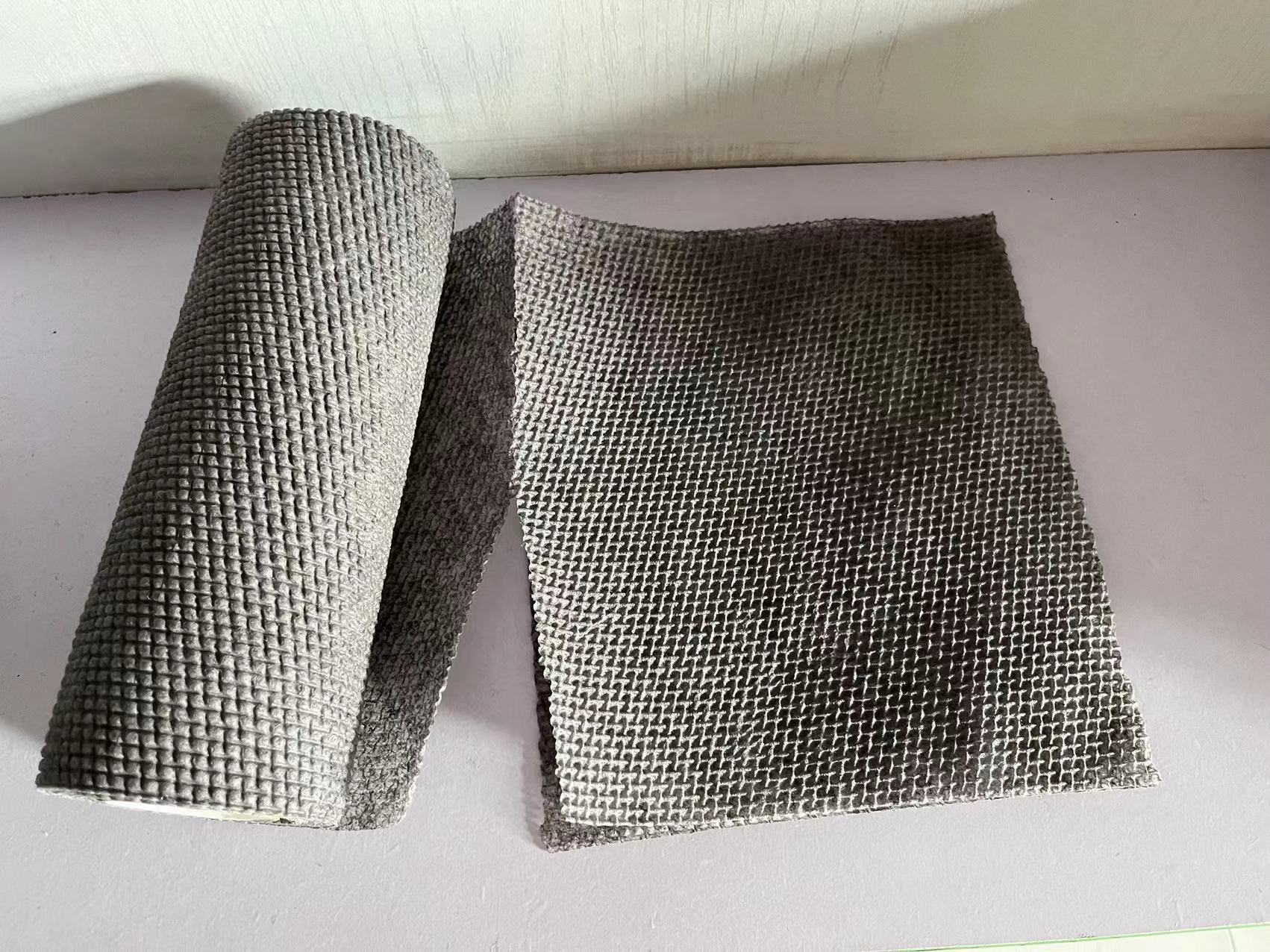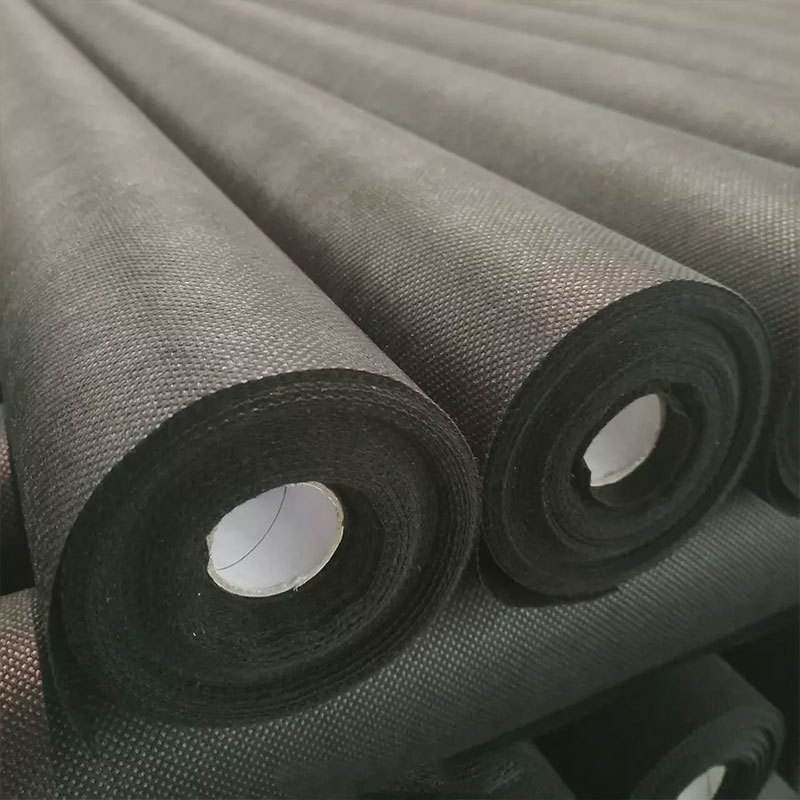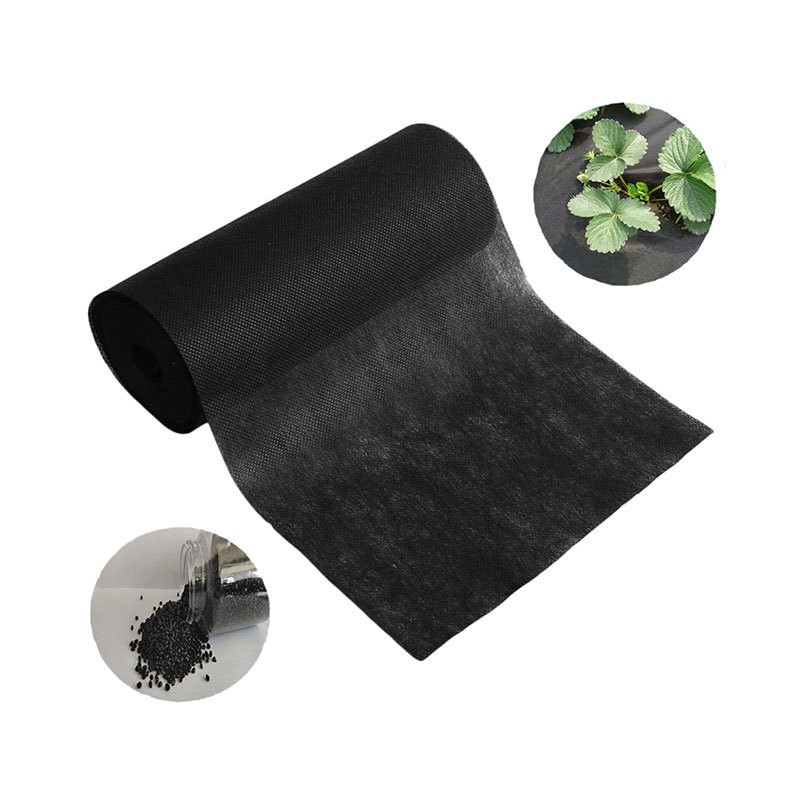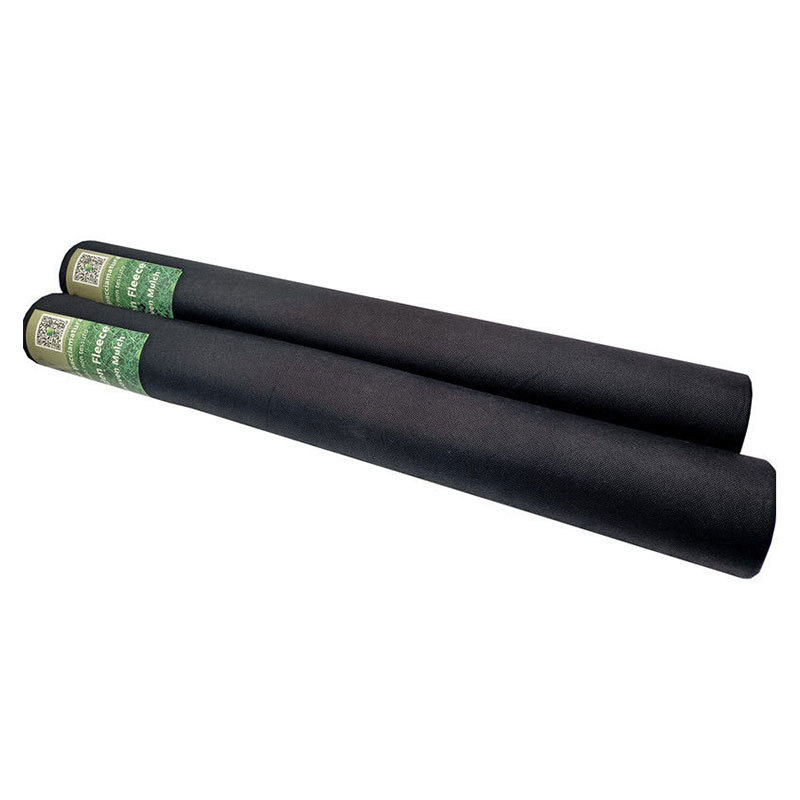08
2025
-
07
Understanding PP Nonwoven Fabric: Applications and Benefits
PP nonwoven fabric, made from polypropylene fibers, is a unique type of fabric characterized by its durability, lightweight nature, and excellent filtration properties. The nonwoven process involves bonding fibers through mechanical, thermal, or chemical means, eliminating the need for traditional weaving or knitting. This results in a fabric that is not only strong but also highly versatile, maki
PP nonwoven fabric, made from polypropylene fibers, is a unique type of fabric characterized by its durability, lightweight nature, and excellent filtration properties. The nonwoven process involves bonding fibers through mechanical, thermal, or chemical means, eliminating the need for traditional weaving or knitting. This results in a fabric that is not only strong but also highly versatile, making it suitable for numerous applications across different sectors.
One of the primary advantages of PP nonwoven fabric is its cost-effectiveness. Compared to woven fabrics, it is typically less expensive to produce, which can be a significant factor for businesses looking to manage costs without compromising on quality. Moreover, the production process is generally more efficient, leading to quicker turnaround times for manufacturers.
In the medical field, PP nonwoven fabric is widely used for surgical gowns, masks, and drapes. Its ability to provide a barrier against fluids and pathogens makes it ideal for maintaining hygiene standards in healthcare settings. Additionally, the fabric is breathable, ensuring comfort for both patients and healthcare professionals during procedures.
The agricultural industry also benefits from PP nonwoven fabric, particularly in applications such as mulch mats and crop covers. These fabrics can help regulate soil temperature, retain moisture, and protect crops from pests and weeds. Their lightweight nature makes them easy to handle, while their durability ensures they can withstand various environmental conditions.
In the realm of hygiene products, PP nonwoven fabric is commonly used in items such as diapers, feminine hygiene products, and adult incontinence products. The fabric’s softness and comfort, combined with its ability to wick moisture away from the skin, make it an excellent choice for these personal care products. Furthermore, the material's hypoallergenic properties contribute to increased user satisfaction.
Another growing application of PP nonwoven fabric is in the manufacturing of eco-friendly bags. As consumers become more environmentally conscious, the demand for sustainable products has risen. PP nonwoven bags are reusable, recyclable, and biodegradable, making them a preferred alternative to single-use plastic bags.
In summary, PP nonwoven fabric stands out for its versatility, affordability, and array of applications across various industries, including healthcare, agriculture, hygiene, and eco-friendly solutions. Its properties make it an essential material for businesses looking to innovate while maintaining efficiency and cost-effectiveness. Embracing PP nonwoven fabric can lead to improved product offerings and greater customer satisfaction, solidifying its place in the future of textiles.
One of the primary advantages of PP nonwoven fabric is its cost-effectiveness. Compared to woven fabrics, it is typically less expensive to produce, which can be a significant factor for businesses looking to manage costs without compromising on quality. Moreover, the production process is generally more efficient, leading to quicker turnaround times for manufacturers.
In the medical field, PP nonwoven fabric is widely used for surgical gowns, masks, and drapes. Its ability to provide a barrier against fluids and pathogens makes it ideal for maintaining hygiene standards in healthcare settings. Additionally, the fabric is breathable, ensuring comfort for both patients and healthcare professionals during procedures.
The agricultural industry also benefits from PP nonwoven fabric, particularly in applications such as mulch mats and crop covers. These fabrics can help regulate soil temperature, retain moisture, and protect crops from pests and weeds. Their lightweight nature makes them easy to handle, while their durability ensures they can withstand various environmental conditions.
In the realm of hygiene products, PP nonwoven fabric is commonly used in items such as diapers, feminine hygiene products, and adult incontinence products. The fabric’s softness and comfort, combined with its ability to wick moisture away from the skin, make it an excellent choice for these personal care products. Furthermore, the material's hypoallergenic properties contribute to increased user satisfaction.
Another growing application of PP nonwoven fabric is in the manufacturing of eco-friendly bags. As consumers become more environmentally conscious, the demand for sustainable products has risen. PP nonwoven bags are reusable, recyclable, and biodegradable, making them a preferred alternative to single-use plastic bags.
In summary, PP nonwoven fabric stands out for its versatility, affordability, and array of applications across various industries, including healthcare, agriculture, hygiene, and eco-friendly solutions. Its properties make it an essential material for businesses looking to innovate while maintaining efficiency and cost-effectiveness. Embracing PP nonwoven fabric can lead to improved product offerings and greater customer satisfaction, solidifying its place in the future of textiles.
PP nonwoven fabric


